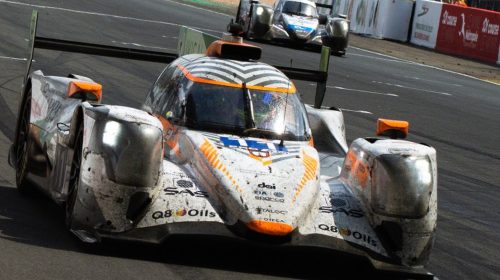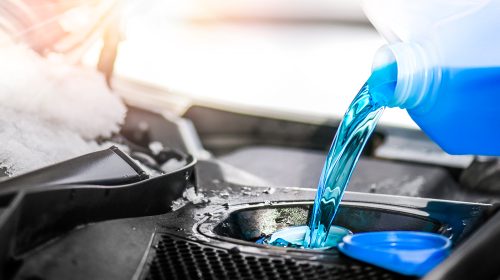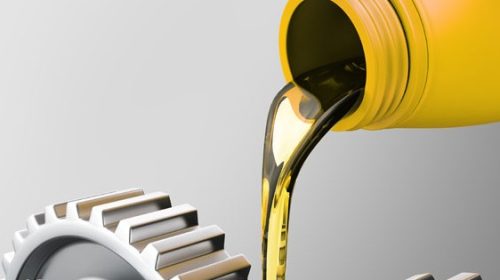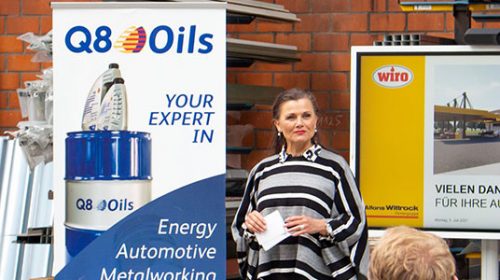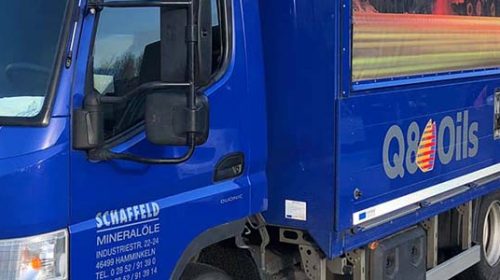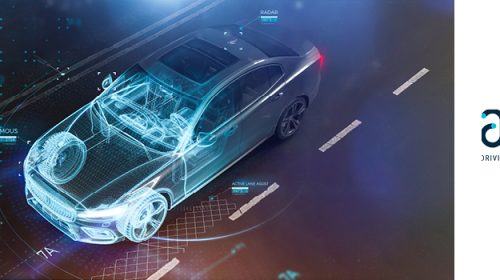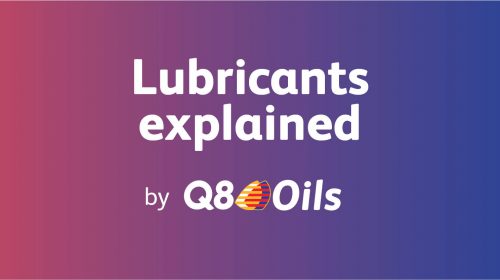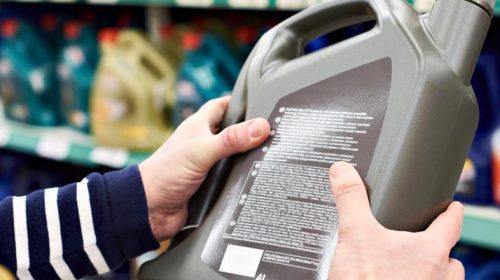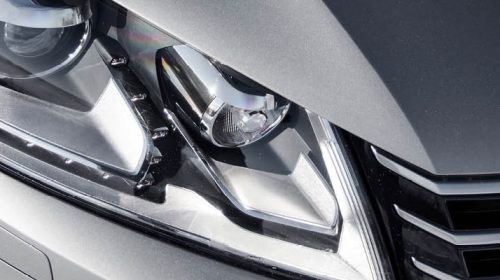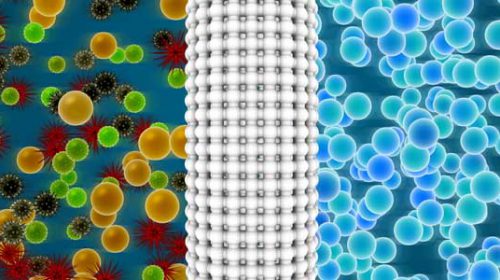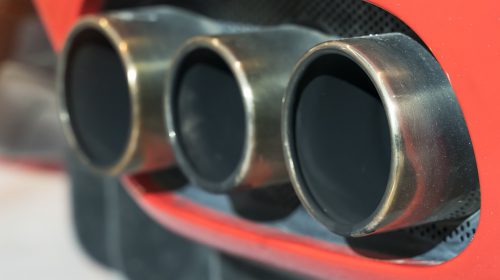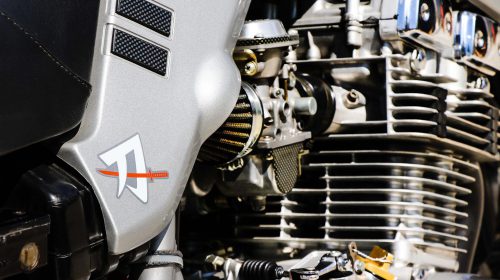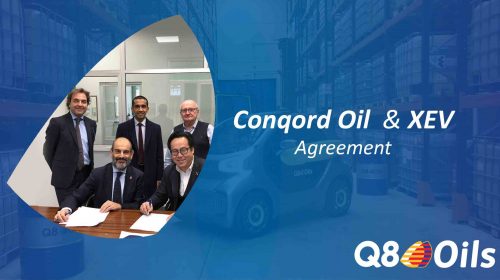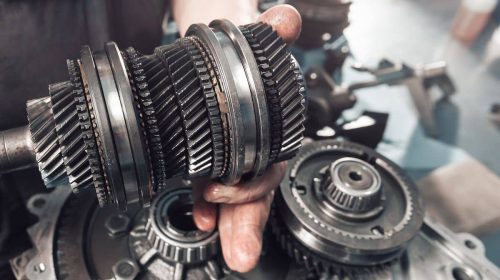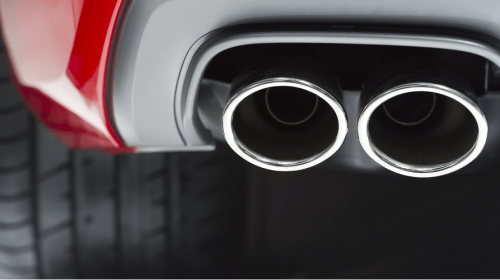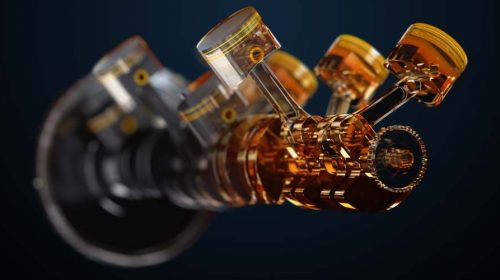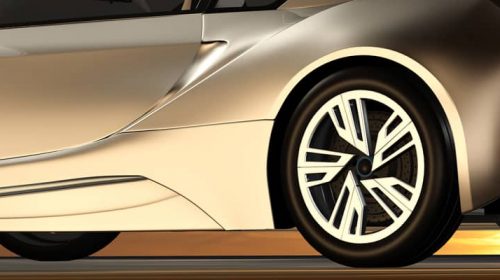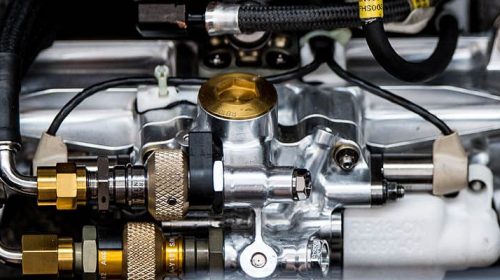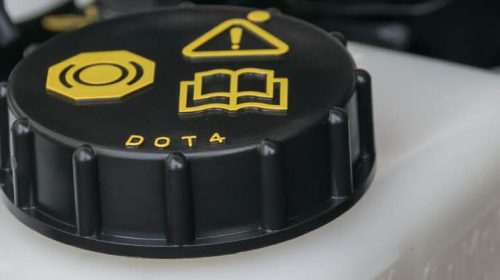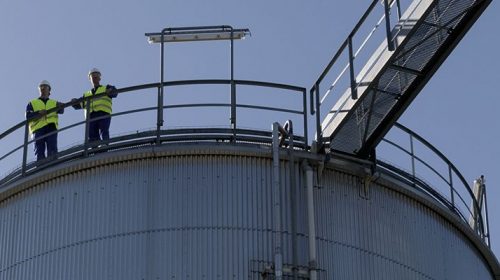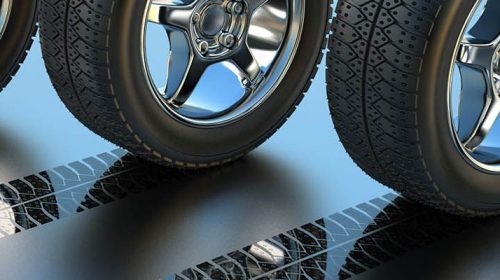Many issues associated with incorrect or poor lubricant choice do not, thankfully, lead to catastrophic engine failure. Over time, inferior lubricants can result in a lack of efficiency, poor fuel economy or component failure. But there is one fairly recent phenomenon that could be taking place in your engine which can cause catastrophic engine failure when you are least expecting it. The phenomenon is associated with modern turbocharged gasoline direct injection engines and is termed low speed pre-ignition, or LSPI.
To understand LSPI, we need to consider that, under normal conditions, combustion in the engine chamber is very carefully controlled through the valve train, timing chain and cam mechanisms. Low speed pre-ignition is essentially uncontrolled combustion that can take place completely outside of the normal sequence of events: it can be accompanied by high pressure rise rates and pressure wave reversals that may be violent enough to result in catastrophic engine damage. The damage usually occurs to the pistons and rings inside the cylinder.
While there are a number of engineering solutions to help mitigate this problem, including higher piston ring tensions and various changes to the engine management system, these are often at the expense of efficiency.
One solution to LSPI that does not reduce fuel economy is the use of an engine oil specifically formulated for use in turbocharged gasoline direct injection engines. It is critically important that these new oils are extensively tested and appropriately formulated to provide total protection in the engine. New industry and OEM specifications have been developed to include LSPI protection, including API SP and Daimlers MB229.52.
Q8Oils presents: Q8 Formula Prestige V 5W-30
- Optimal fuel efficiency (savings up to 2,28 %)
- Fully compatible with aftertreatment devices such as GPF’s (gasoline particulate filters)
- Superior protection against LSPI
- Successfully passed the VW Baumuster 2020 test programme
No products found.



